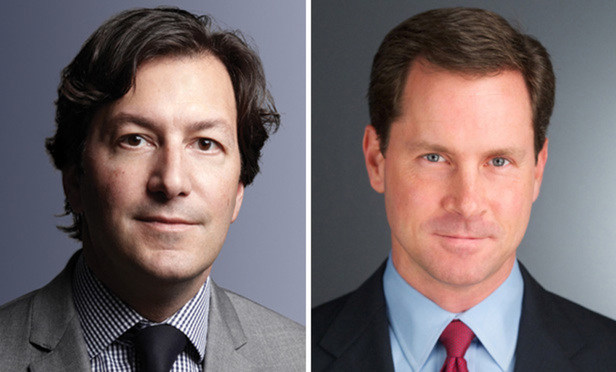In October 2015, we find ourselves 12 years post-Zubulake, over a decade since the publication of The Sedona Principles, nine years after the first round of e-discovery-specific amendments to the Federal Rules of Civil Procedure (FRCP), and two months from the second round of such amendments. Federal and state decisions have regularly pilloried parties for e-discovery misconduct, many with headline-generating sanctions against clients and their counsel. Practitioners on both sides of the “v” along with judges, service providers, and experts, regularly opine at seminars, during conferences, and online about best practices for e-discovery, with a focus on cooperation by and competence of counsel. Yet still, after all this, we find ourselves faced with the reality that—outside of what has been called the “Sedona Bubble”—these goals are, perhaps surprisingly, merely aspirational.
Perhaps recognizing this reality, last year the Standing Committee on Professional Responsibility and Conduct of the State Bar of California proposed, and in June of this year approved, a formal ethics opinion concerning the ethical obligations of the members of that bar in relation to e-discovery competence. This opinion was cited in a recent federal decision from California that severely criticized and imposed sanctions against counsel and client for discovery misconduct and that serves as a case study of the e-discovery-related responsibility of counsel in modern litigation practice.



